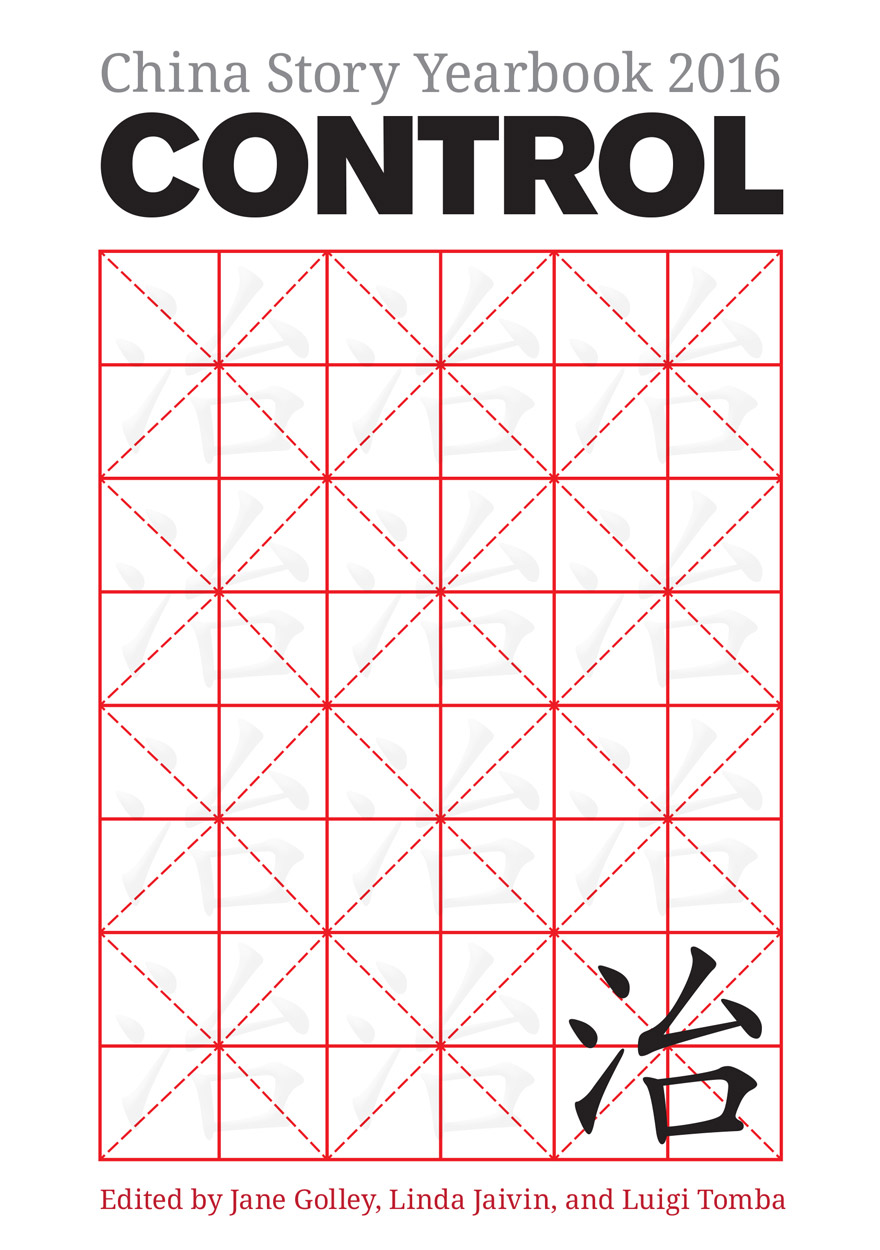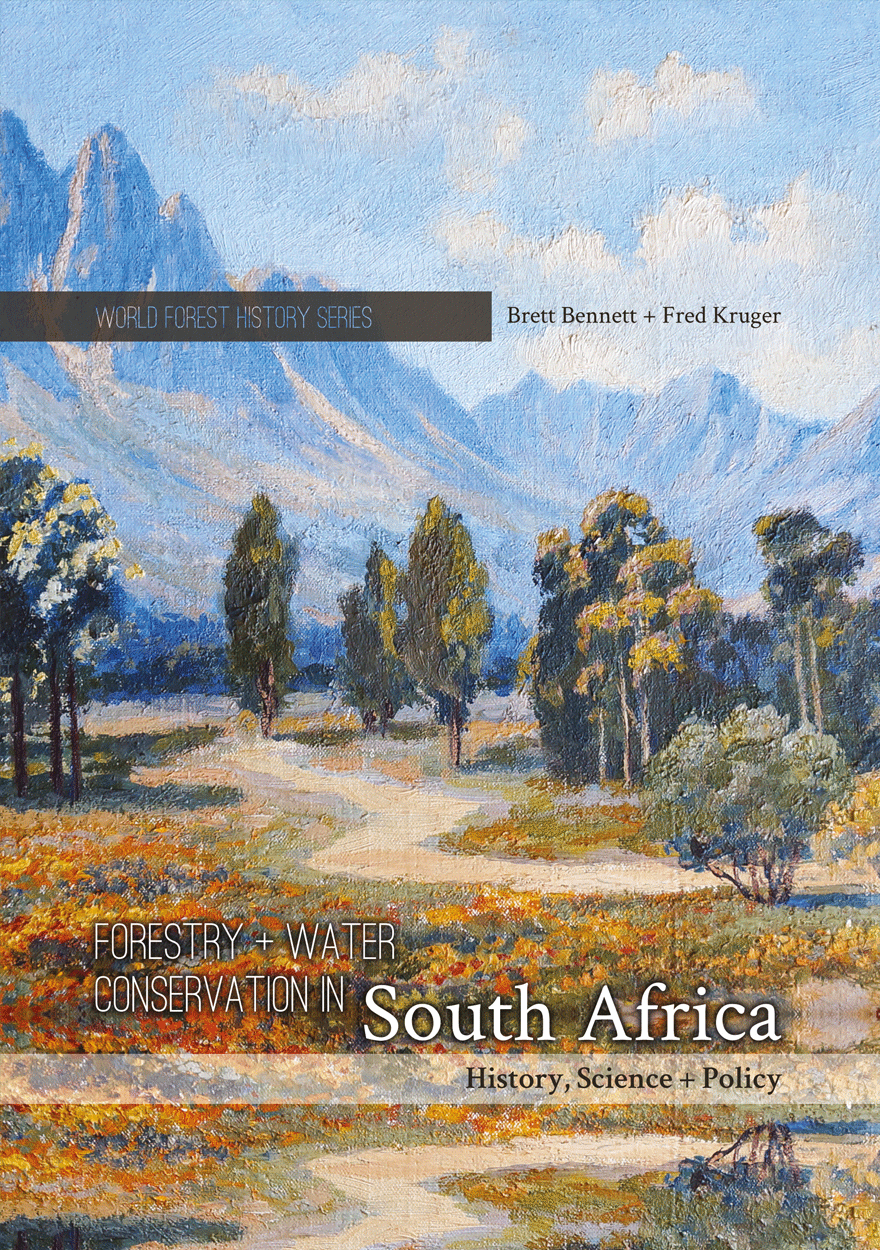Books
Browse or search ANU Press' range of books or find out more about the publications' authors and co-publishers. Download the book for free or buy a print-on-demand copy.
Displaying results 41 to 50 of 67.

The Court as Archive »
Publication date: February 2019
Until the late 20th century, ‘an archive’ generally meant a repository for documents, as well as the generic name for the wide range of documents the repository might hold. An archive could be visited, and then also searched, to discover past actions or lives that had meaning for the present. While historians and historiographers have long understood the contests that archives contain and represent, the very idea of ‘the archive’ has, over the last 40 years, become the subject and object of widening and intensified consideration. This consideration has been intellectual (from scholars in a wide range of disciplines) and public (from communities and individuals whose stories are held captive, or sometimes hidden or excluded from official archives), as well as institutional. It has involved scrutiny and critique of official archives’ limitations and practices, as well as symbolic, affective and theoretical expansion and heightened expectation of what ‘the archive’ is or should be. The very language of ‘the archive’ now carries freight as administrative practice, normative value, metaphor, description and aspiration in different ways than it did in the 20th century.
This collection offers a unique contribution to these reinvigorated and sometimes new conversations about what an archive might be, what it can do as a consequence, and to whom it bears custodial responsibilities. In particular, this collection addresses what it means for contemporary Australian superior courts of record to not only have constitutional and procedural duties to documents as a matter of law, but also to acknowledge obligations to care for those materials in a way that understands their public meaning and public value for the Australian people, in the past, in the present and for the future.

Australian Native Title Anthropology »
Strategic practice, the law and the state
Authored by: Kingsley Palmer
Publication date: May 2018
The Australian Federal Native Title Act 1993 marked a revolution in the recognition of the rights of Australia’s Indigenous peoples. The legislation established a means whereby Indigenous Australians could make application to the Federal Court for the recognition of their rights to traditional country. The fiction that Australia was terra nullius (or ‘void country’), which had prevailed since European settlement, was overturned. The ensuing legal cases, mediated resolutions and agreements made within the terms of the Native Title Act quickly proved the importance of having sound, scholarly and well-researched anthropology conducted with claimants so that the fundamentals of the claims made could be properly established. In turn, this meant that those opposing the claims would also benefit from anthropological expertise.
This is a book about the practical aspects of anthropology that are relevant to the exercise of the discipline within the native title context. The engagement of anthropology with legal process, determined by federal legislation, raises significant practical as well as ethical issues that are explored in this book. It will be of interest to all involved in the native title process, including anthropologists and other researchers, lawyers and judges, as well as those who manage the claim process. It will also be relevant to all who seek to explore the role of anthropology in relation to Indigenous rights, legislation and the state.

Cascades of Violence »
War, Crime and Peacebuilding Across South Asia
Authored by: John Braithwaite, Bina D’Costa
Publication date: February 2018
War and crime are cascade phenomena. War cascades across space and time to more war; crime to more crime; crime cascades to war; and war to crime. As a result, war and crime become complex phenomena. That does not mean we cannot understand how to prevent crime and war simultaneously. This book shows, for example, how a cascade analysis leads to an understanding of how refugee camps are nodes of both targeted attack and targeted recruitment into violence. Hence, humanitarian prevention also must target such nodes of risk. This book shows how nonviolence and nondomination can also be made to cascade, shunting cascades of violence into reverse. Complexity theory implies a conclusion that the pursuit of strategies for preventing crime and war is less important than understanding meta strategies. These are meta strategies for how to sequence and escalate many redundant prevention strategies. These themes were explored across seven South Asian societies during eight years of fieldwork.

Crown and Sword »
Executive power and the use of force by the Australian Defence Force
Authored by: Cameron Moore
Publication date: November 2017
The Australian Defence Force, together with military forces from a number of western democracies, have for some years been seeking out and killing Islamic militants in Iraq, Syria and Afghanistan, detaining asylum seekers for periods at sea or running the judicial systems of failed states. It has also been ready to conduct internal security operations at home. The domestic legal authority cited for this is often the poorly understood concept of executive power, which is power that derives from executive and not parliamentary authority. In an age of legality where parliamentary statutes govern action by public officials in the finest detail, it is striking that these extreme exercises of the use of force often rely upon an elusive legal basis. This book seeks to find the limits to the exercise of this extraordinary power.

Control »
Publication date: June 2017
‘More cosmopolitan, more lively, more global’ is how the China Daily summed up the year 2016 in China.
It was also a year of more control. The Chinese Communist Party laid down strict new rules of conduct for its members, continued to assert its dominance over everything from the Internet to the South China Sea and announced a new Five-Year Plan that Greenpeace called ‘quite possibly the most important document in the world in setting the pace of acting on climate change’.
The China Story Yearbook 2016: Control surveys the year in China’s economy, population planning, law enforcement and reform, environment, Internet, medicine, religion, education, historiography, foreign affairs, and culture, as well as developments in Taiwan and Hong Kong.

Regulatory Theory »
Foundations and applications
Edited by: Peter Drahos
Publication date: February 2017
This volume introduces readers to regulatory theory. Aimed at practitioners, postgraduate students and those interested in regulation as a cross-cutting theme in the social sciences, Regulatory Theory includes chapters on the social-psychological foundations of regulation as well as theories of regulation such as responsive regulation, smart regulation and nodal governance. It explores the key themes of compliance, legal pluralism, meta-regulation, the rule of law, risk, accountability, globalisation and regulatory capitalism. The environment, crime, health, human rights, investment, migration and tax are among the fields of regulation considered in this ground-breaking book. Each chapter introduces the reader to key concepts and ideas and contains suggestions for further reading. The contributors, who either are or have been connected to the Regulatory Institutions Network (RegNet) at The Australian National University, include John Braithwaite, Valerie Braithwaite, Peter Grabosky, Neil Gunningham, Fiona Haines, Terry Halliday, David Levi-Faur, Christine Parker, Colin Scott and Clifford Shearing.

Pollution »
Publication date: September 2016
Environmental pollution poses serious challenges for China, including to its economy as well as public health. The China Story Yearbook 2015: Pollution looks at how China’s Communist Party-state addresses these problems and how Chinese citizens have coped with and expressed their concerns about living with chronic, worsening pollution.
This Yearbook also explores the broader ramifications of pollution in the People’s Republic for culture, society law and social activism, as well as the Internet, language, thought, and approaches to history. It looks at how it affects economic and political developments, urban change, and China’s regional and global posture. The Chinese Communist Party, led by ‘Chairman of Everything’ Xi Jinping, meanwhile, has subjected mainland society to increasingly repressive control in its new determination to rid the country of Western ‘spiritual pollutants’ while achieving cultural purification through ‘propaganda and ideological work’.
To adulterate, contaminate, spoil or violate—these are among the metaphorical and literal connotations of pollution expressed in this Yearbook via the character ran 染, which forms part of the word for pollution in Chinese, wuran 污染. As the world increasingly relies on economic ties with China, the complexities of China’s one-party system and the Chinese government’s attitudes towards ‘pollution’ are of increasing global significance.
Chapter notes are available to view online.

Through a Glass Darkly »
The Social Sciences Look at the Neoliberal University
Edited by: Margaret Thornton
Publication date: November 2015
This collection of essays arose from a workshop held in Canberra in 2013 under the auspices of the Academy of Social Sciences in Australia to consider the impact of the encroachment of the market on public universities. While the UK tripled fees in 2013 and determined that the teaching of the social sciences and the humanities would no longer be publicly funded, it was feared that Australia would go further and deregulate fees altogether.
In the best tradition of the social sciences, the contributors have assumed the role of critic and conscience of society to present penetrating analyses of the ramifications of the corporatisation of the university as neoliberalism continues to occupy the ascendant position in the political firmament. The dramatis personae in these analyses are students, academics, managers and political mandarins with the gendered character of corporatisation an important sub-theme.

Forestry and Water Conservation in South Africa »
History, Science and Policy
Authored by: Brett Bennett, Fred Kruger
Publication date: November 2015
This innovative interdisciplinary study focuses on the history, science, and policy of tree planting and water conservation in South Africa. South Africa’s forestry sector has sat—often controversially—at the crossroads of policy and scientific debates regarding water conservation, economic development, and biodiversity protection. Bennett and Kruger show how debates about the hydrological impact of exotic tree planting in South Africa shaped the development of modern scientific ideas and state policies relating to timber plantations, water conservation, invasive species control, and biodiversity management within South Africa as well as elsewhere in the world. Forestry and Water Conservation in South Africa shows how scientific research on the impact of exotic and native vegetation led to the development of a comprehensive national policy for conserving water, producing timber, and protecting indigenous species from invasive alien plants. Policies and laws relating to forests and water began to change in the late 1980s and early 1990s as a result of political and administrative changes within South Africa. This book suggests that the country’s contemporary policies towards timber plantations, guided by the National Water Act of 1998, need to be reconsidered in light of the authors’ findings. Bennett and Kruger also call for more interdisciplinary research and greater emphasis on integrated policies and management plans for forestry, invasive alien plants, water conservation, and biodiversity preservation.

New Accountabilities, New Challenges »
Publication date: April 2015
This important and challenging volume of essays draws on insights from leading academics and public servants from Australia, New Zealand, the United Kingdom, Canada and elsewhere. It provides an excellent series of critiques of both the systemic accountabilities and the policy processes of government by drawing on meticulously researched, topical and real-world case studies of governance. Its contribution to the understanding of the applied processes of government in this way is exemplary. Topics covered include: restoring trust in government, parliamentary scrutiny of the APS, administrative law and FOI, budgetary reforms, implementation issues, competition policy, indigenous administration, collaboration with the NGO sector, educational reforms and the changes to the Auditor- General’s mandate.



